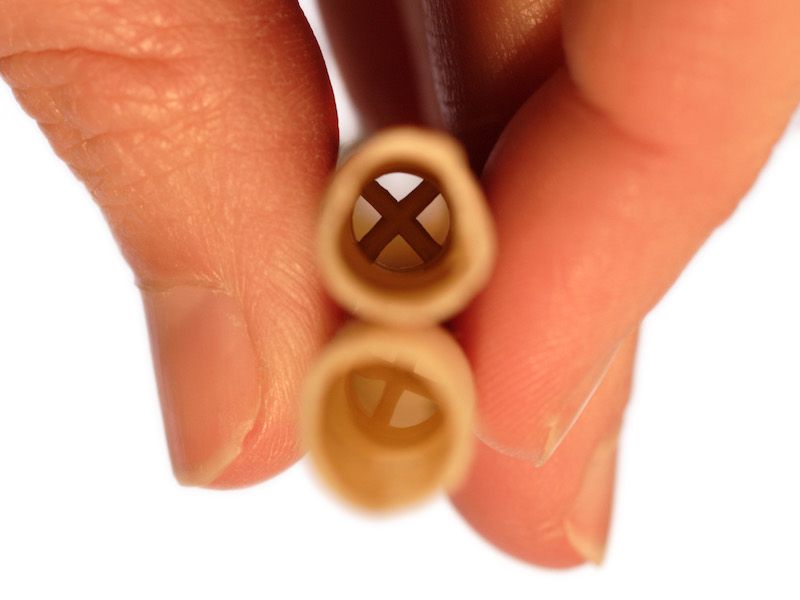
There’s a lingering idea in some circles that a practice known as “ear candling” is a good way to decrease your earwax. Does ear candling work and what is it?
Do Earwax Candles Work?
Spoiler alert: No. They absolutely don’t work.
Why then do normally rational people routinely accept in this pseudo-science. It’s difficult to say with much precision. But although the sensible decision is pretty obvious, learning more about the dangers of earwax candling will help us make an informed choice.
What is Earwax Candling?
So here’s the basic setup: Perhaps you have an excessive amount of earwax and you’re not quite certain how to eliminate it. You know you aren’t supposed to use cotton swabs (which is good, cotton swabs are not an ideal way to clean out your ears, generally speaking). So, after doing some study, you find a method known as earwax candling.
Here’s how earwax candling theoretically works: You develop a pressure differential by cramming the candle into your ear, wick side out. The wax in your ear, then, is pulled outward, towards the freedom of the open world. Theoretically, the pressure differential is enough to break up that might be clogging up your ear. But this hazardous technique is not a smart means of cleaning your ears.
Why Ear Candling Doesn’t Work
This practice has several issues, including the fact that the physics just don’t work. You would need a significant amount of pressure to move earwax around and a candle just isn’t capable of creating that amount of pressure. Second, generating that type of pressure differential would require some type of seal, which doesn’t occur during candling.
Now, there are supposed to be special candles used in this “procedure”. When you’re done with your fifteen minutes of ear candling, you can break apart the candle and, in the middle, see all bacteria, debris, and wax that was in your ear. But the problem is you can find this same material in new unburned candles as well. So the whole procedure amounts to fraud.
Scientific analysis has never been able to prove any benefit regarding earwax candling.
So Earwax Candling Doesn’t Work, But is it Safe?
So, you may as well give it a try, right? Well, you’re asking for trouble whenever you get a hot candle near your ears. You may be ok if you try earwax candling. People do it regularly. But that doesn’t imply there aren’t risks involved, and it certainly doesn’t mean that ear candling is safe.
Here are some negative impacts of ear candling:
- Whenever you’re messing around with an open flame, there’s a possibility that you could cause serious damage and put your life in danger. You wouldn’t want to burn your house down, would you? Getting rid of a bit of earwax isn’t worth that amount of risk and danger.
- Candle wax can also block up your ear canal after it cools down. This can cause temporary hearing loss or, in the most severe cases, call for surgery.
- Severe burns to your inner ear. Serious hearing problems and burns can be the result of getting hot wax in your ear. In the most severe cases, this could permanently jeopardize your hearing.
You Don’t Need a Candle to Clean Your Ears
Most people will never actually have to be concerned about cleaning earwax from their ears. That’s because your ears are really pretty good about cleaning themselves! Nevertheless, there are a few people who will have uncommonly heavy earwax production or buildup to deal with.
If it turns out that you have too much earwax there are methods that have been proven to work safely. For example, you could get a fluid wash. Or you could see a professional who will be able to use specialized tools to get extra wax or wax blockages out.
You should continue to avoid cotton swabs. And you should also avoid using an open flame to clean out earwax. Earwax candling doesn’t work, and it can create risks that will put your comfort and your hearing in significant danger. So perhaps it’s time to put those special candles away.